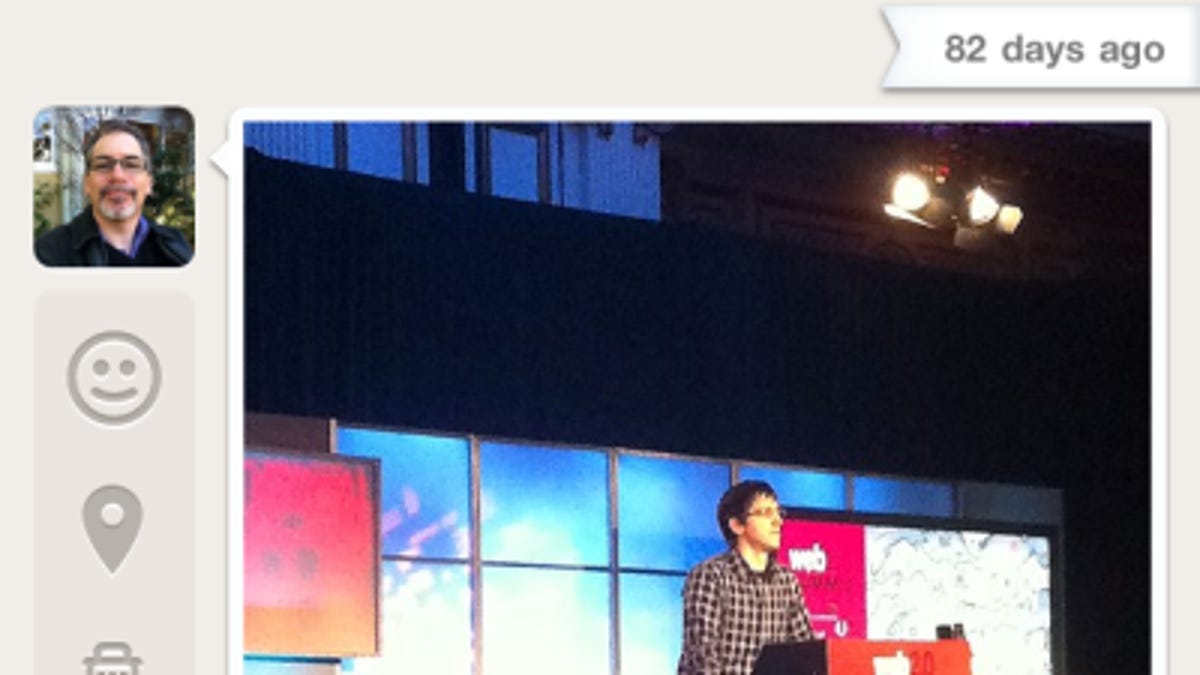Luminary investors dig into deep pockets: Path gets $30M
Among the new investors in mobile startup Path are Richard Branson and Yuri Milner.

The hot mobile startup Path said today it raised more than $30 million from a roster of well-known investors, including Richard Branson, Facebook backer Yuri Milner, and Zynga founder and CEO Mark Pincus. The round was led by venture firm Redpoint Ventures.
It's a lot of money for the mobile social network, although earlier reports put the amount raised at $40 million.
Dave Morin, who co-created the Facebook Platform, said in a statement that Path would use the money to help with "international growth and expansion as well as user adoption." Currently, Path claims 2 million users.
"It is important to us to work with investment partners who share common values around quality and building for the long term," Morin said, adding that his goal is to "bring world-class design and simplicity to the world of mobile personal networking."
Morin said that Branson was a great investing partner because, like Path, he cares about building products that make people happy. Other investors include Kleiner Perkins, Allen & Co., Greylock Partners, and Jerry Murdock.
Path often gets mentioned as an acquisition target, especially since Facebook snapped up Instagram last week for $1 billion in cash and stock. But Satish Dharmaraj, Redpoint's managing director, said he invested because he believes Path can become big on its own.
"For us, we want to build a huge, big independent company," Dharmaraj told me. "That's what we want to do."
That seems like a challenge for Path, which, unlike Facebook or Twitter, limits the number of connections a user can have to 150. Yet Dharmaraj said that is precisely the opportunity.
"We felt that tighter social networks where you can share more without being afraid of your privacy was a big thing," he said. "And Dave and his team have built social networks before and know how to make this happen."
Perhaps, but to make a run as an independent company requires something that Path, like Instagram, for now lacks: a business model.
Updated at 6:22 p.m. PT to add comments from Satish Dharmaraj.

